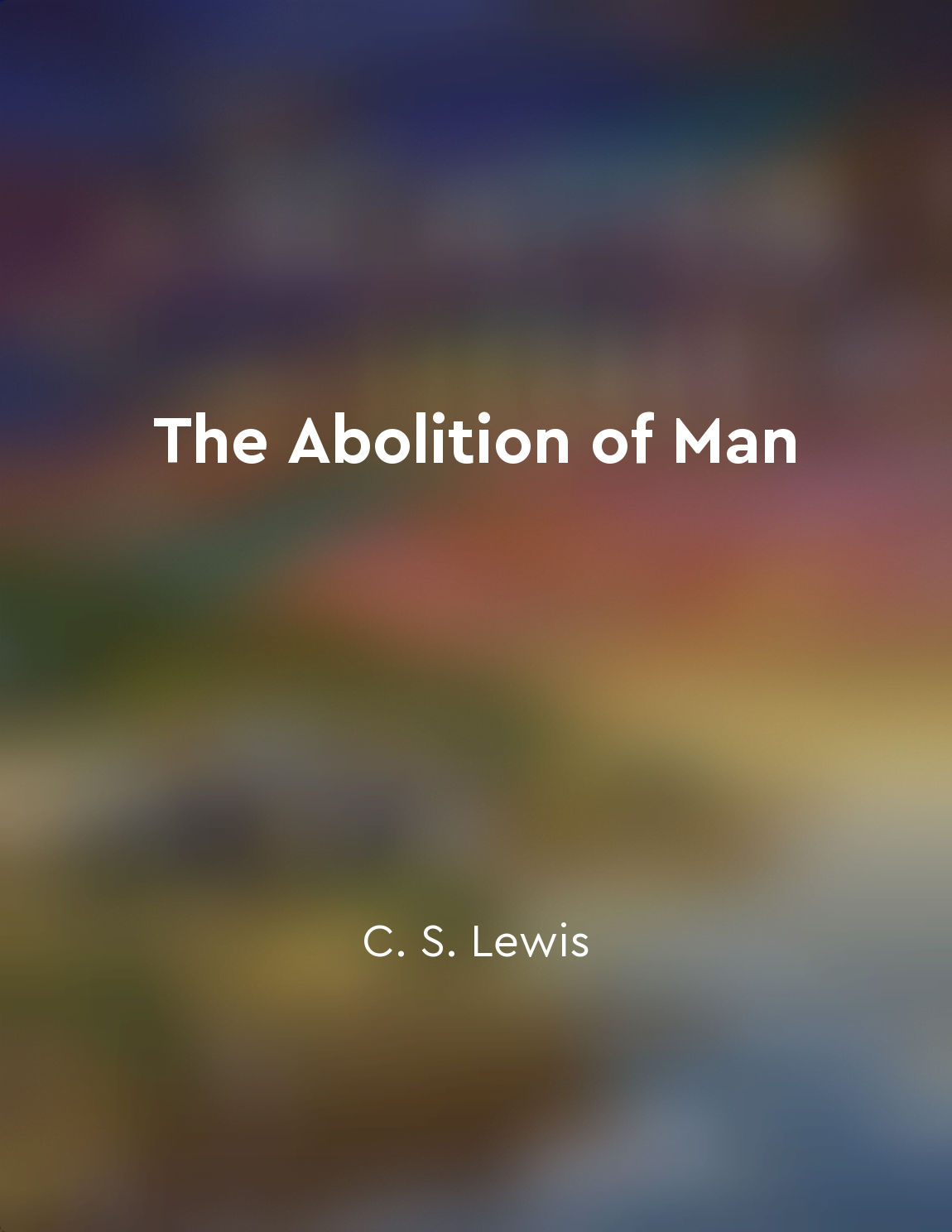Moral worth comes from duty, not outcomes from "summary" of THE CRITIQUE OF PRACTICAL REASON by Immanuel Kant
In moral philosophy, the question of what constitutes moral worth has long been a subject of debate. Some argue that the value of an action is determined by its consequences, while others maintain that moral worth comes from the intention behind the action. Immanuel Kant belongs to the latter camp, asserting that true moral worth stems not from the outcomes of an action, but from the sense of duty that motivates it. According to Kant, an action can only be considered morally praiseworthy if it is done out of a sense of duty. This means that the moral worth of an action is not contingent on the results it produces, but rather on the intention behind it. For Kant, duty is the foundation of morality, and actions that are performed out of a sense of duty are the only ones that have true mo...Similar Posts

Living a life of righteousness and compassion
In the Bhagavad Gita, Lord Krishna teaches us the importance of living a life filled with righteousness and compassion. He expl...
Reflection and introspection help uncover life's purpose
Reflection and introspection are essential tools in the search for life's purpose. By taking the time to look inward, we can ga...
Meaning is constructed
Meaning is not something inherent in objects or words. It is not a fixed entity that exists independently of human perception a...

Cognitive illusions reveal limitations of human judgment
Cognitive illusions are tricks that our minds play on us, revealing the limitations of human judgment. These illusions occur be...

Ethical conduct is essential for a wellfunctioning society
Ethical conduct plays a crucial role in maintaining the smooth functioning of society. It is through our adherence to ethical p...
Overcoming desire and attachment
The wise man lets go of all desires. By doing so, he finds inner peace and contentment. He is not attached to the fruits of his...

The influence of language on shaping values
Language plays a crucial role in shaping our values and beliefs. Through the words we use to describe the world around us, we n...

The age of reason is a time when individuals must use their intellect to analyze religious beliefs
The age of reason is a critical period in which individuals are called upon to exercise their intellectual faculties to scrutin...
The moral life is a life guided by reason
The moral life, according to Immanuel Kant, is one that is guided by reason. Kant argues that morality is not based on feelings...
